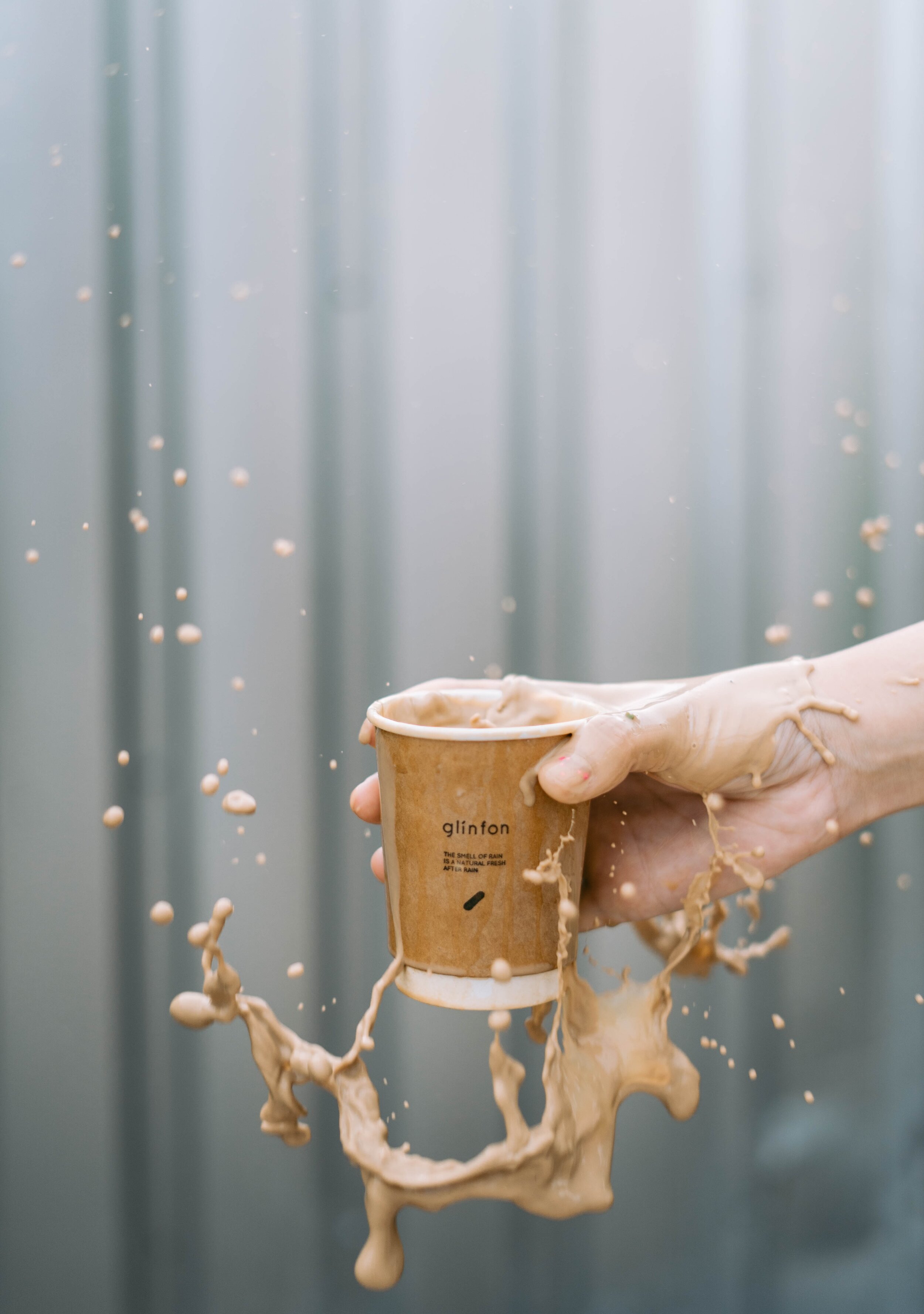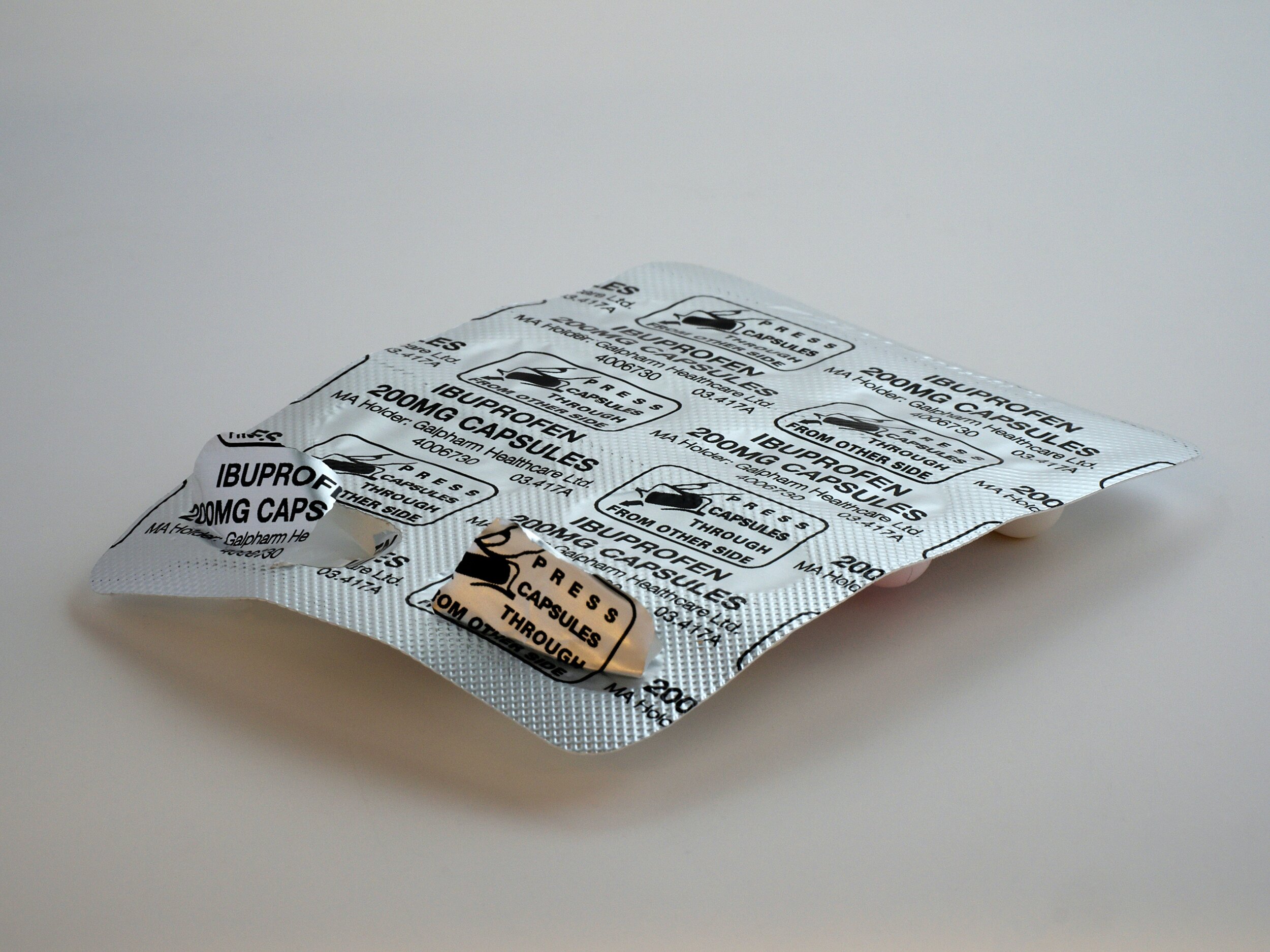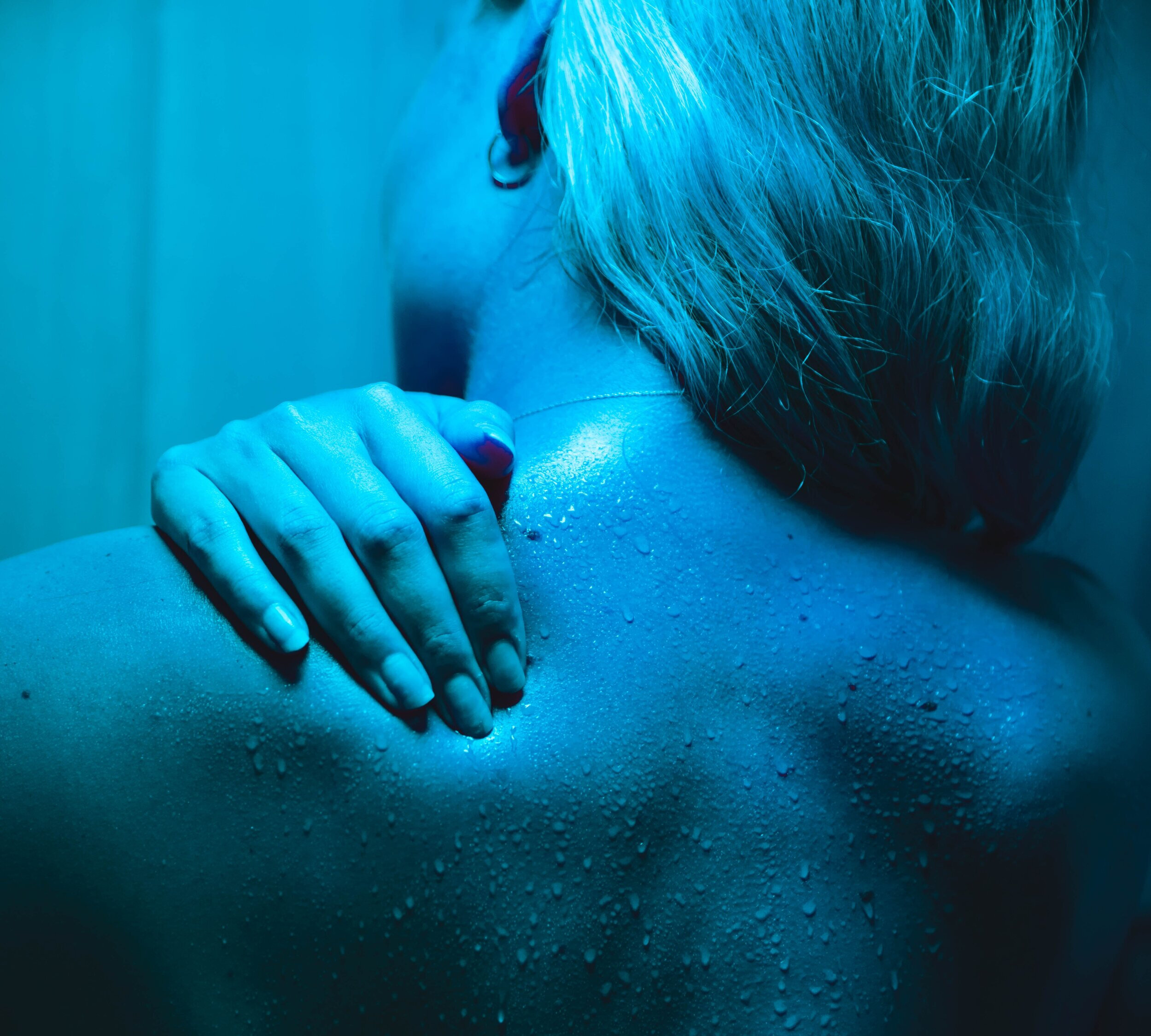14 Days Caffeine Free
By Megan Jane, Featured Writer.
Why?
This is probably the most important question when deciding to do anything like this - I enjoy coffee, I haven't always drunk it, but since I started drinking coffee around the age of 21, it's something that has stuck and become a dominant part of my diet. So, 10 years in, I thought why not? What would happen if I stopped drinking coffee and didn't have any caffeine for 14 days? I wasn't expecting anything major to happen - but I do love asking the question of “what if?” and so then that resulted in why not?
First things first - I think it's important to put into perspective my caffeine habit. At its highest (during my undergrad) I could easily drink 8 cups of coffee per day and would have a latte before going to bed. I had worked to decrease that amount, however (and my work colleagues would vouch for this), I would start the day with a flask of coffee that had a double shot in it. This would be gone by 10/11am(ish) and then I would drink more coffee throughout the day, so really, I'm not entirely sure just how much caffeine I would have - but I think it's safe to say that it would be too much.
So now we have an idea of the amount of caffeine that I would have, I think it's therefore understandable that I was a little apprehensive about what would happen - and I wasn't decreasing my amount, this wasn't going to be a slow process - I was going cold turkey. No. More. Caffeine (for 14 days!). Also, I didn't do any research beforehand as to not skew my expectations.
So how did it go…?
The Headache
This was something that I was expecting - and it was horrific! I had purposefully used a Friday night as the last day of caffeine to allow the weekend for the headache to pass. However, food shopping on a Saturday morning without caffeine and a head that felt as heavy as lead, was like something from a horror film. The lights were really bright and I just wanted to lie down and go to sleep!! The headache passed after 2 days, so the full weekend I felt like I was hungover; I was really hungry and my eyes hurt - It was one of those headaches where if you could remove your head and dig a hole to put it in, you would. But seeing as that wasn't a rational thing to do, I instead drank a lot of water and sat and watched Disney films, feeling sorry for myself and repeatedly asking "why am I doing this again?". It's not surprising that research shows that headaches are the most common and dominant side effect of stopping caffeine intake (Sharpio, 2008; Jovel & Mejia, 2017).
The Appetite
I could not eat enough!!! There wasn't enough food in the world that I could consume to sort out my appetite and NOTHING made me full - nightmare! This did ease off a little over the 2 weeks. On reflection, I think by the second week my appetite was more like it originally was. Nevertheless, this change was really not something I was expecting. Research would suggest that coffee can alter appetite and energy intake, but there is a need to research and differentiate whether this change in appetite is due to volume of coffee or the type of coffee consumed (with/without milk, sweetener, sugar etc). (Schubert, Irwin, Seay, Clark, Allegro & Desbrow, 2017).
The Dreams
Now my dreams for the first few days without caffeine were hilarious. I'd wake nearly every morning and vividly remember them and really laugh with my partner about them. Before stopping caffeine, I didn't really dream that often and if I did, they would be pretty boring. However, some of the dreams that I had during this period included:
Dreaming that I was the homeowner in the film 'Mousetrap', trying to find the mouse that was ruining my house just before I was about to host a Victorian fancy dress themed party - but I hadn't sorted out my dress and was frantically trying to get an outfit together, but the mouse would stop me at every turn!
I dreamt that I was an actress and there was a perfect Oscar-worthy role about a woman who could perform the perfect jump - however, I (as an actress and quite accurately in real life) could not jump! So, there was a montage where I had to quickly learn how to jump before my audition. And you know what…I did it! But I woke up before I found out whether I had won the Oscar.
And others that I feel I can't put into words, but included cheese, driving to the Trafford Centre but ending up in America, continuously going around a roundabout and others that are too confusing to mention. I did have a look for research on this, however I really struggled to find research looking at the impacts of decreased caffeine and dreams, as predominantly research focused on the impact of increased caffeine and sleep. So yeah, I'm not entirely sure whether this was an anomaly or whether this is a regular side effect for those who decrease/cut out caffeine? Only time and research can tell!
Reaction to stress
I really didn't realise the physical reactions that I had to stress until the caffeine was no longer there. In my two week break there were moments of stress, however I felt that my head was clearer and so I was able to better manage this, and most importantly I found that my heart didn't "jitter" when I became stressed. Before my two weeks off, there would be times where my heart would physically hurt when I was stressed - and we all know that is not a good thing. Really thinking about it, this could have possibly been one of the main reasons why I thought of giving up caffeine in the first place, due to how I was feeling when stressed. Caffeine and stress response has been widely researched and seems to back up the results that I noticed (Lane & Williams, 1985; Pincomb et al., 1987; Lane et al., 1990).
Motivation
I think it's safe to say that motivation has been a little difficult to come by this last year. However, throughout the two weeks I found that my motivation significantly increased. I was able to get up in the morning, throw on my gym stuff and complete a live class over 'Teams' or go on the exercise bike or do a dumbbell workout - I felt really good and that I had accomplished more in my day! This was a constant throughout the two weeks and it was a really great feeling.
Research suggests that the consumption of coffee releases increased levels of dopamine (our feel-good hormone) and serotonin (our happiness hormone), therefore impacting mood in a positive way (Schubert et al., 2017). Therefore, you would think that a decrease in caffeine would then drop levels of mentioned hormones. However, exercise also releases these hormones - and so, maybe due to decreased stress, better sleep and exercising, I "switched" how such hormones were released? I think this is something that requires further investigation.
So, the burning question…Am I back drinking coffee?
Yes, I am - but not as much! I've started having Matcha Green Tea first thing in the morning and then another coffee at my lunch break - and then that's it for the day! I've started to really enjoy the taste of coffee instead of it just being what I drink without a second thought. I absolutely love coffee, I always will - but I feel so much better cutting down the amount that I am having. It's a tough first few days, but after that, it's completely worth it.
So, give it a go….why not?
References
Jovel, C.E., & Mejia. F.S. (2017). Caffeine and headache: specific remarks. Neurologica (English Edition), 32(6), 394-398.
Lane, J.D., Adcock, R.A., Williams, R.B., & Kuhn, C.M. (1990). Caffeine effects on cardiovascular and neuroendocrine responses to acute psychosocial stress and their relationship to level of habitual caffeine consumption. Psychosomatic Medicine, 52(3), 320-336.
Lane, J.D., & Williams Jr, R.B. (1985). Caffeine affects cardiovascular responses to stress. Psychophysiology, 22(6), 648-655.
Pincomb, G.A., Lovallo, W.R., Passey, R.B., Brackett, D.J., & Wilson, M.F. (1987). Caffeine enhances the physiological responses to occupational stress in medical students. Health Psychology, 6(2), 101.
Schubert, M.M., Irwin.C., Seay, R.F., Clarke, H.E., Allegro, D., & Desbrow, B. (2017). Caffeine, coddee, and appetite control: a review. International journal of food sciences and nutrition, 68(8), 901-912.
Shapiro, R.E. (2008). Caffeine and headaches. Current pain and headache reports, 12(4), 311.







